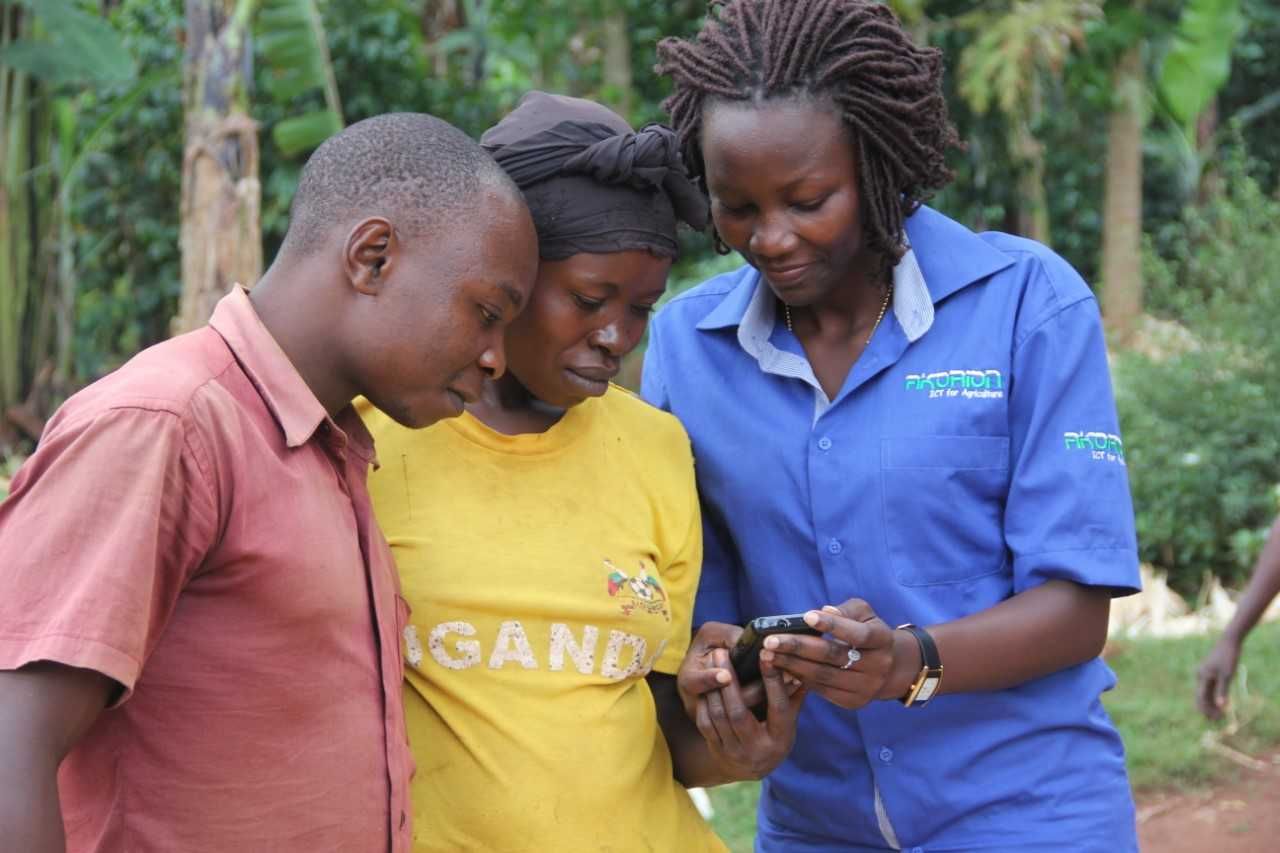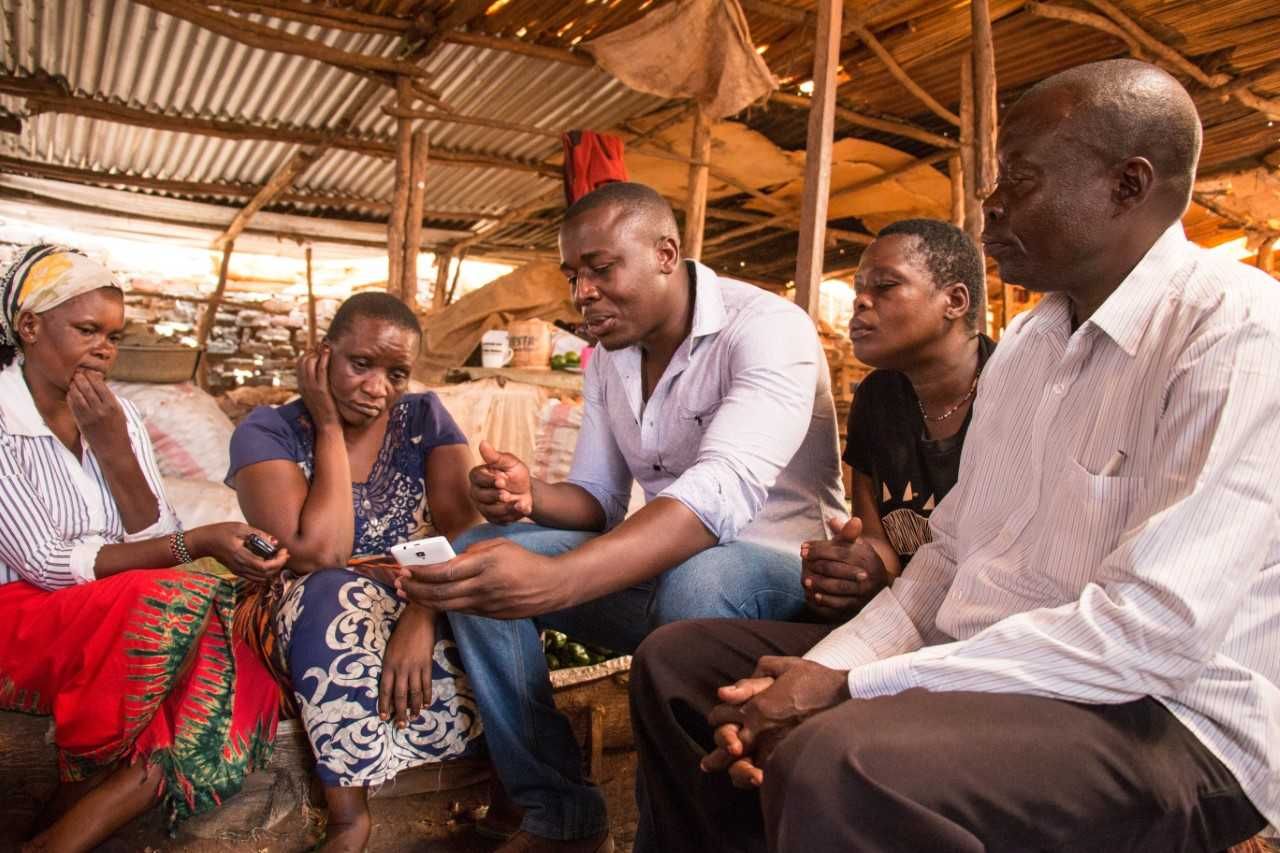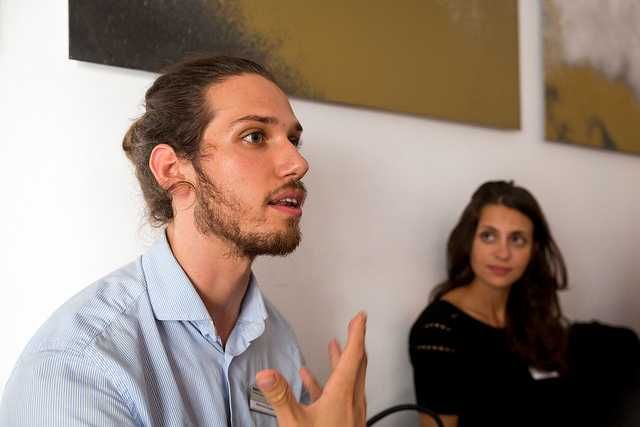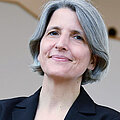
Digital in Africa
82 percent of the African population use mobile phone connections. This widespread use of mobile phones in Africa has created many opportunities for people, although technology and internet usage are still very unevenly distributed across the continent. The fact that groundbreaking technologies in Africa lead to development rather than to disruption was one of the conclusions of Siemens Southern Africa's "Digitalisation Maturity Report," which is based on a study of Ethiopia, Kenya, Nigeria and South Africa. The report also pointed out that so-called "glocalised digitisation", in which global approaches are adapted to local conditions, can be successful in Africa.
Many young Africans see this type of digitisation as offering a welcome opportunity to implement their ideas about development and the future. Through their creativity, enthusiasm and technological knowledge they are producing practicable, future-oriented solutions in their countries and across borders. They are usually very well networked, open-minded and work in an agile manner. Many of them also use the services offered by foundations and international cooperation organisations to build up further specialist knowledge and expand their networks.

Zilla Mary Arach, Uganda
Zilla Mary Arach from Uganda is one of these young African women. In September 2014, she and her future business partners took part in an event organised by the U.S. Agency for International Development (USAID) to develop ideas for promoting the agricultural sector in Uganda. The result is Akorion Company Limited, a company that digitises agricultural value chains to provide farmers and agricultural companies with access to high-quality production, marketing and financial services via the newly developed EzyAgric platform.
In 2017 Zilla Mary Arach joined the Young Founders Programme of the Westerwelle Foundation. Christoph Rohde, Programme Manager of the foundation, describes what is special about the project: "We support young people from developing and emerging countries who have already successfully founded a startup through coaching, investor contacts, and in particular, through mentoring with carefully selected, experienced entrepreneurs from Germany. In this way, we support in the development and expansion of companies." The numbers for the year 2018 show how popular this programme is among young entrepreneurs: 1,586 applicants from 139 countries applied for 25 places.
The effort has paid off for Akorion and the agricultural sector in Uganda: 60,000 farmers have used the platform in just two years and jobs have been created for 480 young people.

David Orega, Kenya
Sauti Africa Limited, founded in Kenya in 2016, addresses trade between Kenya and Uganda. Regional trade plays a special role for many African countries, because it creates jobs and contributes to food and energy security. For traders, however, crossing the border is a bureaucratic undertaking, especially because they often know little about the conditions of trade. Corruption, harassment and assaults can be an everyday experience.
David Orega, Fields Operations Manager at Sauti, is committed to helping cross-border traders. He and his team inform the traders about their rights and obligations. They also encourage them to report bribery and other incidents, such as harassment, via the Sauti platform to publicly increase political pressure to solve these problems.
Sauti is supported by the "Make-IT in Africa" programme of the Deutsche Gesellschaft für Internationale Zusammenarbeit (GIZ) GmbH. The promotional programme "Make-IT Accelerator" helps digital companies like Sauti to improve their products and services. It also gives them better access to finance, markets and skills development. Dr. Jan Schwaab, project manager, describes the motto of the programme as "Inspire, Connect, Develop.” He explains: “With Make-IT we concentrate on young entrepreneurs and founders, who do not only come from the metropolitan regions.”
Sauti has already answered over 10,000 inquiries and provided information on trade and market topics. In total, more than 2,000 dealers have used the platform to date.

Mehemed Bougsea, Tunisia
Mehemed Bougsea, whose family comes from Libya and Germany and who is living in Tunisia now, is part of the BMW Foundation’s Responsible Leaders Network, a network for people who see themselves as leaders and are committed to bringing about positive social change and the common good across borders. Ilsabe von Campenhausen, who is responsible for the conception and organisation of leadership programs and encounters, describes how the foundation works: "The BMW Foundation Herbert Quandt inspires leaders worldwide to assume their social responsibility and to commit themselves as Responsible Leaders for a peaceful, just and sustainable future. Our global network of responsible leaders is characterised by diversity and the pleasure of working together. It is driving positive change through joint action". To be part of this global community, which currently numbers 2,510 people, one must have participated in the leadership programme, have been selected by the foundation and be actively involved in the network.
Mehemed Bougsea founded "Think.iT" with two friends in the summer of 2017. They want to give talented IT experts the chance to receive a sound education in North Africa. These people, trained as software engineers, are then integrated virtually, i.e. online from their home countries, into international technology teams. In an article in the US magazine "Forbes", Think.iT was described as a "startup with a social conscience and a solution to the global tech talent crisis". The first 35 people have already been trained and are working for start-ups in Berlin, Munich and Belgium, and Think.iT has already received funding for the expansion of the programme.
These young Africans are inspiring examples of how standing up for social responsibility and positive change can succeed. Foundations and international cooperation organisations play an important role where these young people need support for their plans. This is best achieved when foundations and international cooperation organisations work through networks, cooperatively and in line with the needs of young Africans.
Related Content
The reform of foundation law is coming
The bill to standardize foundation law will enter into force on 1 July 2023. The legislator has addressed important demands made by the Association of German Foundations and by academia, paving the way for improvements for small and large foundations alike.
Reflecting on 25 years of progress for gender equality – and how far there is to go
Twenty-five years ago, the World Conference on Women in Beijing adopted a Platform for Action that transformed national and international policies almost all over the world, recognizing that women’s rights are human rights. It impacted not millions, but billions of people.
“The SDGs are a powerful common language”
Benjamin Bellegy, Executive Director at the Worldwide Initiatives for Grantmaker Support (WINGS), on his new plans for the global SDG Philanthropy Platform (SDGPP).


